New York, NY – August 5, 2024 – The Cancer Research Institute (CRI) proudly announces the newest cohort of Lloyd J. Old STARs (Scientists TAking Risks), honoring exceptional scientists who are pioneering advances in cancer immunotherapy.
Named in tribute to CRI’s founding scientific and medical director, the Lloyd J. Old STAR Program has allocated $40 million to a total of 32 recipients. Among these, five newly awarded researchers will each receive $1.25 million over five years to drive high-risk, high-reward projects with the potential to transform cancer treatment and advance the frontiers of cancer science.
“With the addition of these remarkable new Lloyd J. Old STARs, we continue to honor Dr. Old’s legacy by empowering visionary researchers to tackle the most challenging questions in cancer immunotherapy. Their groundbreaking projects have the potential to redefine the future of cancer treatment and bring us closer to transformative breakthroughs that can change patients’ lives,” said Dr. Jill O’Donnell-Tormey, CEO and Director of Scientific Affairs for CRI.
This year’s class of STARs are:
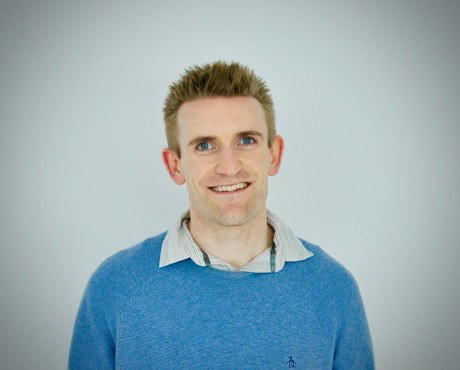
Paul Beavis, PhD
The University of Melbourne, Melbourne, Australia
Enhancing the Efficacy of Adoptive Cellular Therapy through Advanced Genome Engineering
Dr. Paul Beavis is pioneering strategies to enhance CAR T cell therapy for solid cancers. His research focuses on overcoming immunosuppressive tumor environments, activating anti-tumor immunity, and improving CAR T cell persistence and penetration. With over 10,000 citations and significant publications in top-tier journals, Dr. Beavis is a renowned leader in the field. His innovative CAR T technology will enter a Phase I clinical trial in 2025 at the Peter MacCallum Cancer Centre.
“I would like to thank CRI for their vision in supporting high risk, high reward science. This award will improve my ability to access collaborative networks that will increase the significance and impact of my work.”
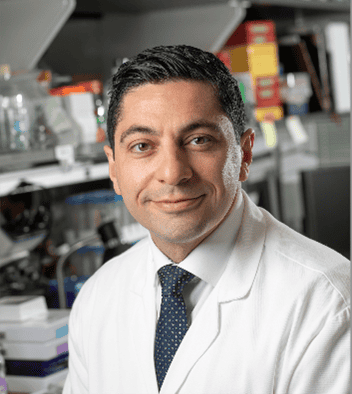
Benjamin Izar, MD, PhD
Columbia University, New York, NY
Enhancing Cellular Cancer Immunotherapies through Massively Parallel Discovery of Novel Protein Variants Coupled with Functional Single-Cell Multi-Omics
Dr. Benjamin Izar’s work leverages natural and synthetic protein variants to enhance T cell function in cancer immunotherapy. His team’s cutting-edge methods generate thousands of variants to improve CAR T and TIL therapies, showing promising results in pre-clinical mouse models of melanoma and leukemia. Dr. Izar aims to address resistance mechanisms and enhance the efficacy of cellular therapies for solid and hematologic cancers.
“We are reimagining several aspects of cellular cancer immunotherapies, and this generous award provides us with the support for this high-risk work.”
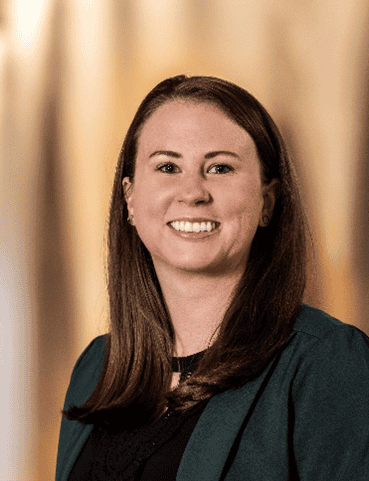
Stacy Malaker, PhD
Yale University, New Haven, CT
Leveraging Altered Glycosylation for Improved Cancer Immunotherapies
Dr. Stacy Malaker’s laboratory is pioneering the field of ‘mucinomics,’ creating advanced techniques to analyze abnormal glycosylation — the attachment of sugar molecules — in cancer-associated proteins known as mucins. Her innovative approaches have significant implications for early cancer detection and the development of glycosylation-targeted immunotherapies. Dr. Malaker’s research is poised to impact the treatment of epithelial cancers, including ovarian, breast, and colorectal carcinomas.
“Sugar molecules coat the surface of all of our cells and are invariably altered in cancer. My work attempts to monopolize these changes in order to identify new diagnostic tools and therapeutic strategies.”
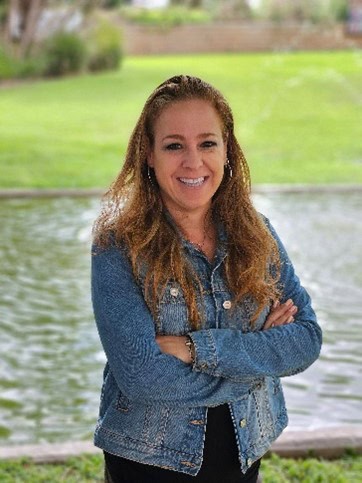
Yifat Merbl, PhD
Weizmann Institute of Science, Rehovot, Israel
Modulating Tumor Degradation as a Novel Intervention in Cancer Immunotherapy
Dr. Yifat Merbl explores the role of the protein destruction centers of the cell, the proteasomes, in tumor immunogenicity and response to immunotherapy. Her research deciphers how different proteasome complexes influence tumor-host interactions and immune responses. By understanding proteasome biology, Dr. Merbl aims to develop novel precision oncology interventions to improve cancer treatment outcomes.
“The generous support of the Lloyd Old STAR program will enable us to advance our understanding of the role cellular proteasomes play in shaping tumor-immune interactions and responses to immunotherapy.”
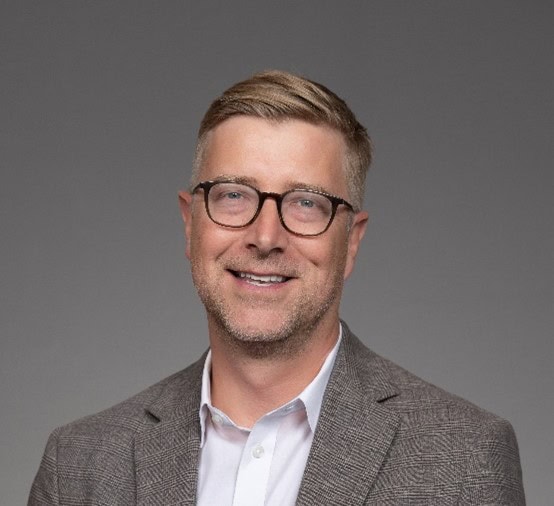
Mark A. Sellmyer, MD, PhD
University of Pennsylvania, Philadelphia, PA
Combining Molecular Imaging and Translational Chemical Biology to Improve Cancer Immunotherapies
Dr. Mark A. Sellmyer’s interdisciplinary approach combines molecular imaging with chemical biology to create innovative diagnostic and therapeutic tools. His work includes developing radiotracers for cancer imaging and investigating immune cell dynamics in tumors. Dr. Sellmyer’s research aims to provide critical insights into the mechanisms of immunotherapy and enhance clinical cancer care.
“I’m most excited about ways in which imaging and new small molecules can impact our understanding of cancer and improve immunotherapies. CRI’s support is critical for the basic science and discovery arms in our lab, as well as for taking our translational applications to patients.”
CRI congratulates these distinguished researchers and looks forward to their contributions to the fight against cancer.
About the Cancer Research Institute
CRI, established in 1953, is the preeminent U.S. nonprofit organization dedicated exclusively to saving more lives by fueling the discovery and development of powerful immunotherapies for all cancers. Guided by a world-renowned Scientific Advisory Council that includes four Nobel laureates and 33 members of the National Academy of Sciences, CRI has invested over half a billion dollars in support of research conducted by immunologists and tumor immunologists at the world’s leading medical centers and universities and has contributed to many of the key scientific advances that demonstrate the potential for immunotherapy to change the face of cancer treatment. To learn more, go to cancerresearch.org.